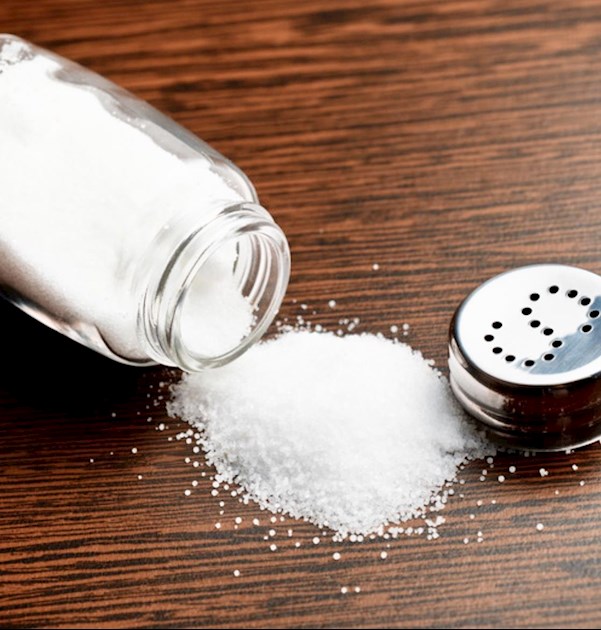We do need salt for our body to function. Salt is required for our nerves, muscles, body fluids. However, if we consume too much salt over time, we will develop hypertension, heart attack, stroke, kidney disease, and brain damage.
According to Food and Drug Administration: “Approximately 1 in 3, more than 100 million, American adults have high blood pressure. But only half of those people have their condition under control. Many people develop high blood pressure when they are in their late 30's or early 40's, and it occurs more frequently as people age.” That is such an alarming number and what is so dangerous is we don’t realize it at younger age but everything is accumulated and it is impossible to reverse organs damaged. Based on The Dietary Guidelines for Americans, we should take no more than 1 teaspoon of salt per day which is equal to approximately 6g. (2300mg)
Since the pandemic, I started cooking at home more often and have been making more fresh food, mixing my own sauce instead of relying on processed and packaged food. If certain things I have to purchase from the supermarket, I pay attention to nutrition facts label: 5% or less is low and 20% or more is high and keep in mind that I shouldn’t take more than 6g of salt per day. In addition, I broke some myths about salt intake such as: I need salt after my workout to replenish my lost fluid or mineral salt is better than regular salt. These myths make us unconscious in salt usage.
According to Harvard Health Publishing, there are 6 ways to eat less salt:
1. Choose unprocessed or minimally processed foods. Canned, processed, and frozen foods are often loaded with added salt.
2. Read labels and choose lower-sodium products.
3. Know where hidden sodium lurks.
4. When eating out, keep an eye on salt content.
5. Use your sodium "budget" wisely.
6. Train your taste buds.
You can check out these sources:

